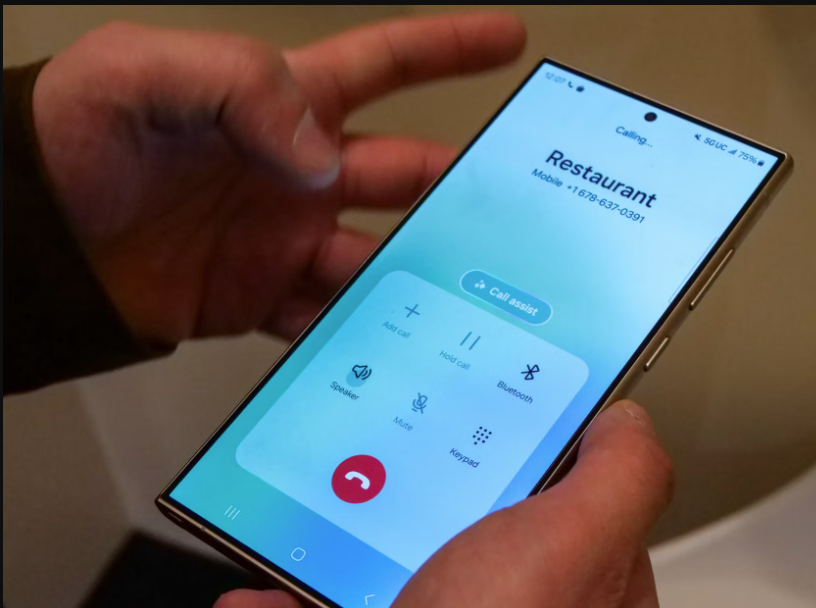In the realm of modern communication, the intrusion of robocalls has become an undeniable facet of daily life. Amidst this cacophony, one particular number stands out: 713-457-2361. Veiled in mystery, this number has garnered attention as a conduit for political research. Delving into its intricacies unveils a landscape rich with nuances and implications.
Understanding the Phenomenon
Unbeknownst to many, 713-457-2361 operates as a vessel for disseminating political research surveys. These surveys, often conducted via automated calls, aim to gauge public opinion on various political issues and candidates. The anonymity and mass outreach provided by robocalls make them a convenient tool for collecting data on a large scale.
Navigating the Legality
Robocalls, including those originating from 713-457-2361, exist within a legal gray area. While political calls are exempt from certain provisions of the Telephone Consumer Protection Act (TCPA), they still must adhere to guidelines outlined by the Federal Communications Commission (FCC). However, navigating these regulations can be complex, leading to ambiguity regarding the legality of certain practices.
Impact on Recipients
For recipients, receiving a call from 713-457-2361 can evoke a spectrum of reactions. Some may view it as an opportunity to voice their opinions and actively participate in the democratic process. Others, however, perceive it as an unwelcome intrusion into their personal space, contributing to the pervasive issue of robocall fatigue.
The Ethics of Political Research
Ethical considerations loom large in the realm of political research, particularly when conducted via robocalls. Questions arise regarding consent, privacy, and the potential for bias in survey design. As such, organizations utilizing 713-457-2361 must tread carefully to ensure that their methodologies uphold ethical standards and accurately represent the diverse perspectives of the electorate.
Mitigating the Impact
Efforts to mitigate the impact of political research robocalls, including those originating from 713-457-2361, are underway. Legislative proposals aimed at bolstering consumer protections and enhancing call authentication protocols seek to curb the proliferation of unwanted calls. Additionally, advancements in call-blocking technology empower individuals to filter out nuisance calls and reclaim control over their communication channels.
Conclusion
In the labyrinthine landscape of robocalls, 713-457-2361 emerges as a focal point of intrigue and scrutiny. As a conduit for political research, it navigates a complex terrain fraught with legal, ethical, and practical considerations. Yet, amidst the din of automated voices, it serves as a reminder of the enduring intersection between technology and democracy, prompting reflection on the evolving dynamics of civic engagement in the digital age.

